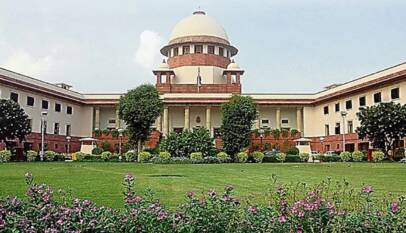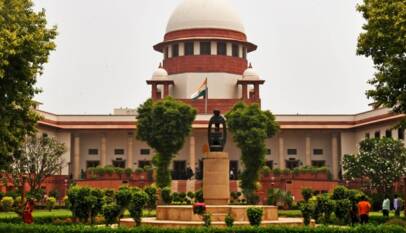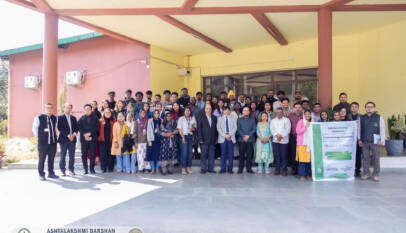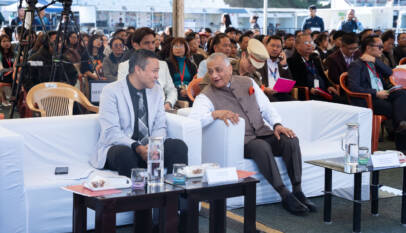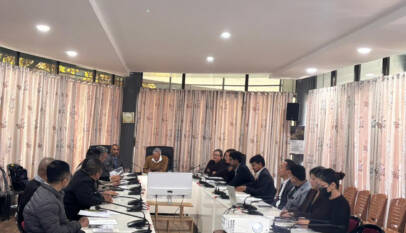Supreme Court agrees to hear pleas challenging Waqf (Amendment) Act, 2025
The Supreme Court on Monday agreed to list for hearing a batch of petitions challenging the constitutional validity of the Waqf (Amendment) Act, 2025, which had recently received Presidential assent. The matter was mentioned before a bench of Chief Justice of India Mr. Sanjiv Khanna and Justice Sanjay Kumar. Senior Advocate Kapil Sibal, appearing for Jamiat Ulama-i-Hind, sought an urgent listing of the case.
Responding to the request, the Chief Justice of India assured that he would examine the mentioning letter in the afternoon and take appropriate steps to list the matter. The Waqf (Amendment) Act, 2025 was passed by the Lok Sabha on April three and by the Rajya Sabha on April four before being signed into law by the President on 05th. April, 2025.
The Bill has introduced significant changes to the management and composition of Waqf institutions, sparking strong opposition from various quarters. A growing number of petitions have been filed before the top court, including one by Samastha Kerala Jamiathul Ulema, which has alleged that the law is unconstitutional.
AAP MLA and Delhi Waqf Board Chairman Amanatullah Khan also moved the court, contending that the law infringes upon the religious and cultural autonomy of Muslims. His plea claims the Act allows arbitrary executive interference and undermines the rights of minorities to manage their religious and charitable institutions.
Similarly, the AIMIM MP Asaduddin Owaisi filed a separate petition, calling the Act “unconstitutional” and alleging that it violates the fundamental rights of the Muslim community.
Congress MP Mohammad Jawed, who served on the Joint Parliamentary Committee reviewing the Bill, has also challenged it in the Supreme Court. He argues that the Act breaches several constitutional provisions, including Articles 14, 25, 26, 29, and 300A, particularly objecting to the mandatory inclusion of non-Muslim members in Waqf Boards and the Central Waqf Council.
The legislation, introduced by Union Minority Affairs Minister Kiren Rijiju in the Lok Sabha on August 28, 2024, seeks to amend the Waqf Act of 1995. Among other changes, the Act redefines who can create waqf—now limiting it to individuals who have practiced Islam for at least five years, thereby reversing the broader, inclusive provision introduced by the 2013 amendment. Other key amendments include replacing the Survey Commissioner with the District Collector to oversee Waqf property surveys and mandating non-Muslim representation on Waqf Boards and Councils.
State governments are now empowered to nominate all board members, including representatives from the backward classes and both Shia and Sunni communities. The case is now poised to become a significant constitutional challenge, testing the boundaries of secularism, minority rights and state control over religious institutions.
Team Maverick
“I Kawtkaiah Sawrkar” Programme Held at Thingfal Village under Lunglei RD Block
Lunglei, February 2026: As part of the Lunglei District administration’s initiative …



